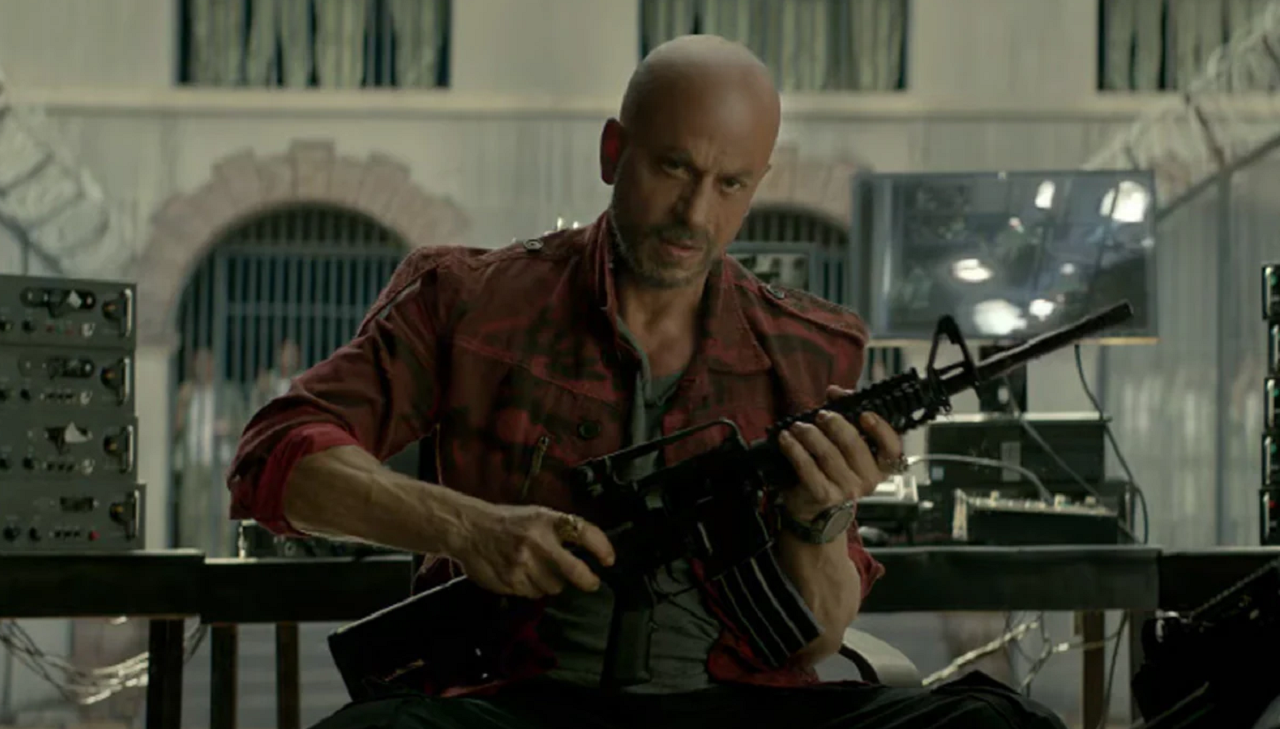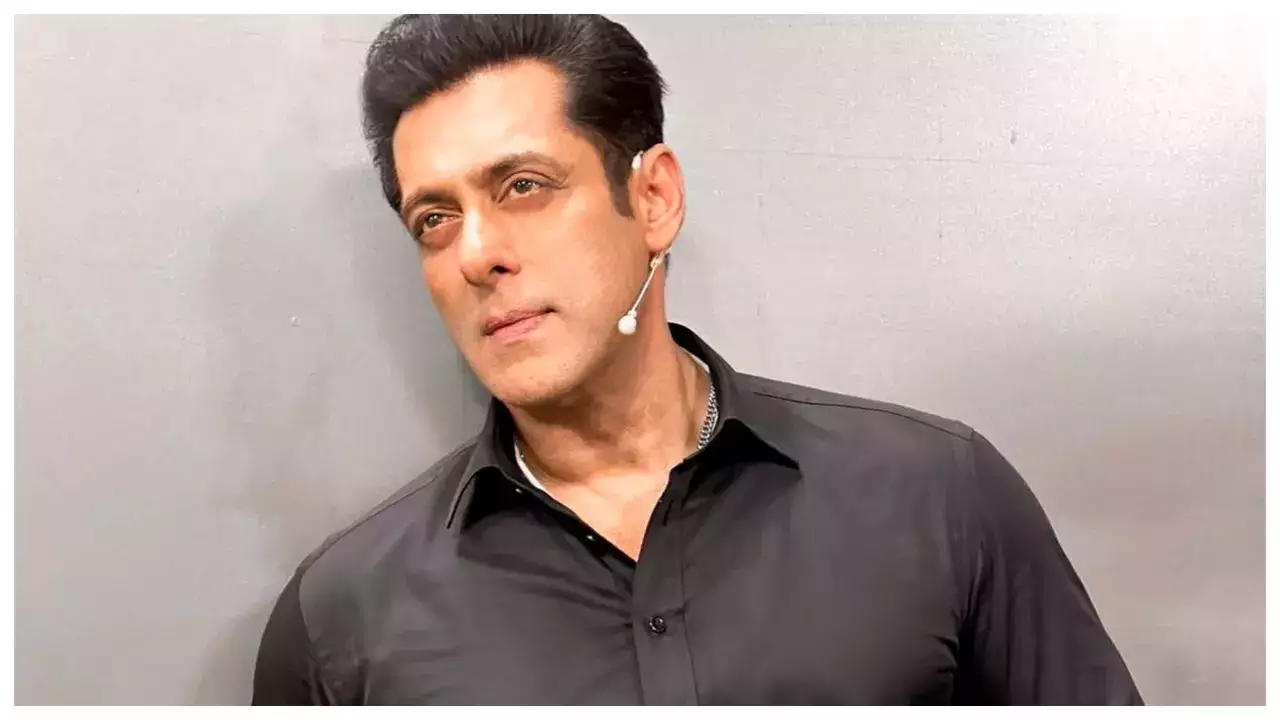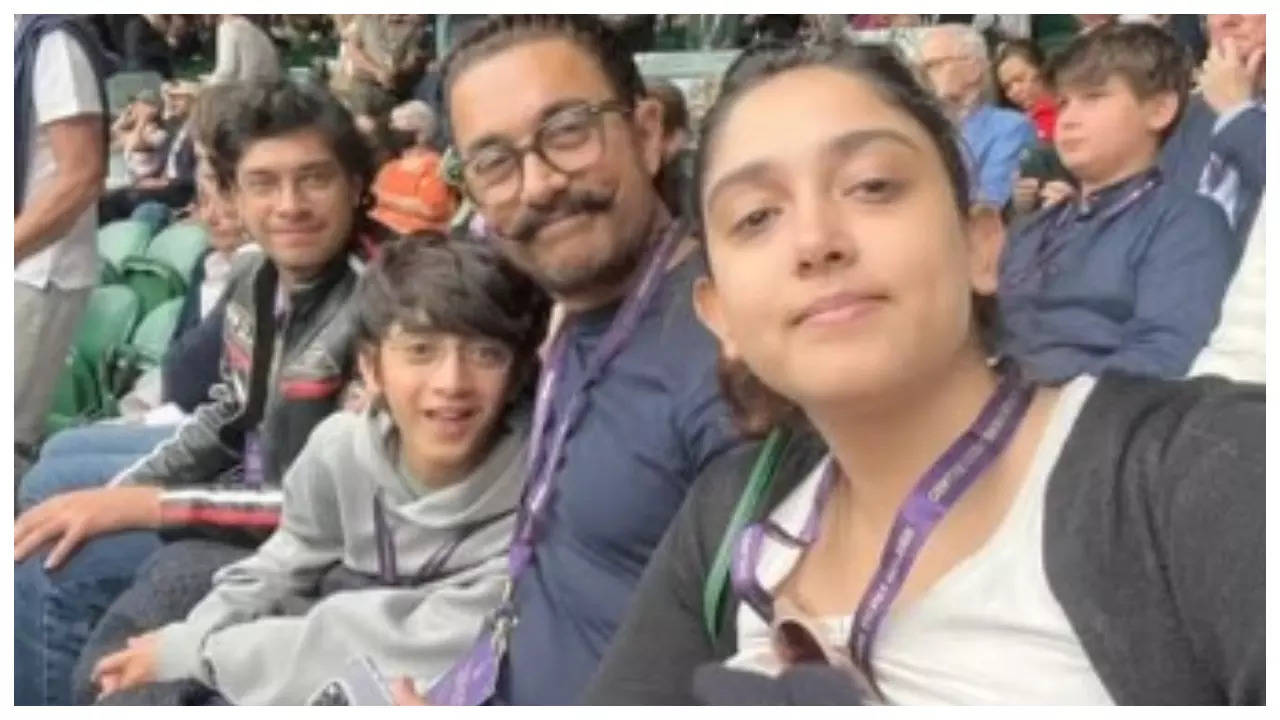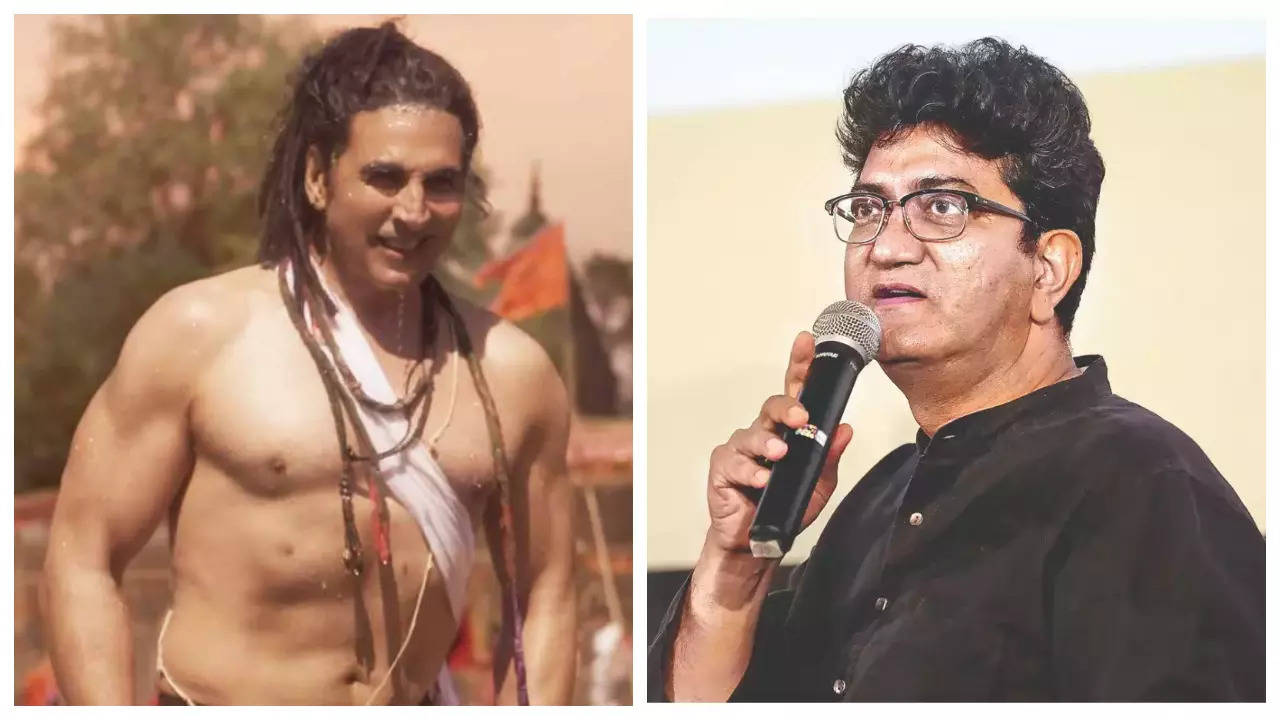In a time when Hindi movies are experiencing a slump at the box office and novelists are looking to make multi-million dollar deals by selling rights to their books to filmmakers. Hussain Zaidi, a bestseller author, wrote ‘Black Friday’: The True Story about the Bombay Bomb Blasts. It was one of the first novels that was made into a movie more than two decades ago. It was a catalyst for many other books to be adapted into movies for a wider audience. Authors such as Chetan Bhagat and Sachin Kundalkar, Anuja Chanhan, and Harinder Sikka were among those who joined the filmmaking revolution. The recent past has seen the adaptations of novels such as ‘2 States: The Story of My Marriage (2 States), and ‘3 Mistakes of My Life (Kai Po Che!) charm the audience. ), Five Point Someone’ (3 Idiots), and 3 Mistakes of My Life’ (Kai Po Che!). ETimes has been told by industry sources that similar projects are in progress and that this trend is a win for both filmmakers and authors. Authors today are likely to think that their book can be made into a movie. It is a time of visual storytelling, and revenue.
This week’s #BigStory explores the world of cinema and books. It examines the reasons behind adapting novels to big screen. It also explores how movie makers view this trend and the sustainability of the module. Continue reading.
Read also #BigStory: Bollywood suffers as stars leave with huge salaries and the content is weakened. Will a shake up help? The industry speaks… Are authors adapting their writing to the screens?
An audio-visual medium can allow millions to hear a story from a book. This is, apart from the financial benefits, what attracts authors to adapt their writings to the screens? Hussain Zaidi has written gripping stories about the mafias and has also mentored budding writers, having trained authors such as Bilal Siddiqui (of Bard of Blood fame) and Jigna Vora (“Behind Bars in Byculla: The Days in Prison”). Zaidi told ETimes that today’s youth are ambitious and have every move in mind.
Woh sochte hain ki jab Hussain ki picture ban sakti hai toh hamari bhi ban sakti hai. Perhaps they already have that thought in their heads. They are not wrong or blameworthy, but I know others who have the same mindset.”
Amish Tripathi claims he doesn’t think about a movie script when writing a book. However, he says that his stories come to him visually and not as words. “It’s almost as if my stories are in another universe that I have entered; I record what I see. Many of my readers have said that they find my books very vivid and visual.
Vish Dhamija, a British Indian crime-fiction writer, believes that the most important thing for an author is to be able tell their story. The medium should not be secondary. He says, “If filmmakers want the stories to be adapted to screen, it’s natural for every author be hopeful that their work will be considered.”
Sanjay Gupta, a filmmaker, is an avid reader and has made many books into films. He said, “When Vineet Bajpai’s Harappa Trilogy was read, I noticed that he had written it exactly as a screenplay. It is written so beautifully that it almost reads as a movie script. There is very little work beyond translating English into Hindi.
Anand Neelakantan, author-screenwriter, is well-known for his mythological fictions such as ‘Asura: Tale of the Vanquished,’ ‘The Rise of Sivagami,’ ‘Chaturanga,’ and ‘Queen of Mahishmathi. He believes that books provide a solid foundation on which to build content. He says that the books don’t make as much. “So, one of the best avenues authors have found is to create for screens. It’s a great way to generate revenue, as it’s not difficult for authors to make a living here.
Is there an increase of demand for book adaptions?
Industry insiders agree that there is an increase demand for book adaptations, regardless of whether it is due to the lack of quality content or the booming OTT platforms. Sometimes, authors insist on being part of the film’s writing team, especially if the book is personal. The filmmakers are the ones who ultimately make the decisions.
Hussain Zaidi said, “Bollywood is so content-starved that they find these novels really cinematic and ideal for being adapted for the large screen.” They buy the rights to the books. They liked the stories and so they bought the rights to books like ‘Mumbai Avengers’, which is fiction. ‘Dongri To Dubai: Six Decades of Mumbai Mafia’ and ‘Mafia queens of Mumbai’ are also available. They weren’t written for the movies, but they were adapted.
Read AlsoLaal Singh Chhadha and Raksha Bannoy: Cancel culture is ruining films – #BigStoryAnujaChauhan has the best of both worlds, being both an author and a screenwriter. Sonam Kapoor starred in the movie adaptation of her book, ‘The Zoya Factor. Another novel, ‘Those Pricey Thakur Girls,’ was first adapted to TV as the daily soap Dilli Wali Thakur Girls’. Then it was made into a web series Dil Bekaraar’. Both were critically and popularly acclaimed. She believes that there is a surge of demand due to the booming OTT platforms. “Suddenly, new avenues have been opened and people are searching for good content and meaningful stories. People are looking for better content and more complex writing. This is why they turn to literature. This huge boycott culture has led to an uptrend. Studio owners are becoming more concerned and confused about which movies to make. She shares that there seems to be more interest than stars in content, which is a good thing.
Vish Dhamija also agrees that there has been an increase in demand over recent years. “In the coming years, you will see more book-to screen adaptations because of a significant rise in the demand for quality content. That will only continue to grow. It is likely to rise because of the increasing number of OTT platforms that require content. For example, we closed the deal on one of my books (The Heist Artist), in less than 48 hours last year. He exclaims.
Sidharth Jain saw a chance and co-founded India’s first story company, The Story Ink, in 2019. It bridges the gap between filmmakers and authors. He points out that while there was a surge in book adaptations requests in 2018-19, there has also been a significant decline in post-Covid times. He explains that production houses have less risk capital to develop because of the loss in potential box-office revenue.
Jain elaborates on the role of a mediator company in facilitating collaboration between authors, filmmakers, and says, “Firms such as mine help the writers and the producers reach the right price for screen rights and also assist many producers with developing scripts and pitches for projects, once contracts have been signed. A series based on a book about a real incident is currently in production. It’s called Trial By Fire: Tragic Tale of Uphaar Fire Disaster. There are some other deals that I cannot speak of at the moment but they all occurred around 2019. We help identify the right story to fit the content strategy of specific production houses or studios. We offer writing and advisory services to help create pitches and scripts based on the books. As part of our writing room, we allow authors to write stories and help publishers select the right books/stories for pitching for screen.
Read alsoWhat’s more important: Star power or authenticity? Bollywood’s casting dilemma with ‘Gangubai Kathiawadi, ‘Chakda’ Xpress and more – #BigStory
It is clear that the film industry is much more capital-intensive than the publishing industry. Neelakantan says that there is no comparison between the amounts you get from books and what you get from movies and series. “Because they have larger budgets, it is definitely more lucrative. Writing for films, or an option agreement, will be more lucrative than writing films. While writing a book can be more lucrative in the long-term, film adaptation is right now.
Dhamija says, “Ofcourse, it pays well, which encourages authors to expect such contracts. The film industry is much larger than the publishing industry. It is a win-win situation. A good story can be successfully adapted. The visual medium not only offers financial rewards but also a wider audience. This allows the author to take their work into new territory (of non-readers).
Hussain Zaidi recalled that he felt that he was paid less for ‘Black Friday’ but it opened up a whole new world for him. “A book that is selected for a movie gets good money. People know there isn’t much money in writing books, but there are substantial amounts in adaptations. Although the amount I received for ‘Black Friday was not a large amount, it was a game-changer. 2001 was a landmark year for movies based on books about terror. It all depends on the author, their stature, the subject, and how famous the book is.
masaledaar is the book. Accordingly, the price will change. Books have sold for as low as 5 lakh, while others sell for as high at 50 lakh. At that time, I was able to get 15 lakh for Black Friday. Now I can get 10 times as much money for my books.”
Sanjay Gupta, a filmmaker, has adapted many Zaidi books. “When I first thought of the story of Mumbai Saga’ Zaidi was also writing ‘Byculla To Bangkok’ at that time. He gave me the manuscript of ‘Shootout at Wadala,’ which was adapted form ‘Dongri To Dubai’. I took the manuscript as much as I wanted. It’s all about permutation and combinations. A book is sent to the right people when it has an influential agent long before it is published. A sticker on the top that says “Soon to be a major motion movie” is another thing that works well for novels in India or abroad. This attracts even more people to the book. He shares that it positively impacts book sales.
Kanishka Gupta, a well-known literary agent, agrees that many best-selling authors have begun writing for the screen due to the higher income. He says that no film deal will be lucrative unless the production company exercises an option. This is when a studio or production house confirms that a book has been made into a movie. The option money is only as good as the advance an agent can get an author to write a big book. The majority of the money comes once the project has been greenlit. This happens very rarely. My clients have had their books made into films by me, but many of their stories never saw the light of day. It’s bittersweet because the author keeps the money, but the film never makes it.”
Is it a healthy trend to adapt literature in movies?
Both writing for books and films are very different as they are different mediums of storytelling. A book allows the reader to imagine the story and the author can let them do so, but a filmmaker must visually create the story for their audience through production design, actors, music, etc. Sanjay Gupta said, “There is no formula.” Everyone is looking for content. Every OTT platform and production house has creative teams that are looking for stories and reading them, as well as sourcing material. These are great days for authors.
Production houses and huge studios used to indiscriminately opt for rights to books. However, they didn’t have the resources or the vision necessary to create the right team for these projects. “OTT rights are very important for authors, publishers, and agents, but I find that the world is somewhat disorganized and sometimes whimsical too. Kaniskha says that for them, losing a few thousand in optioning rights isn’t a significant loss.
Read Also#BigStory – Are onscreen romances getting better? Intimacy directors are believed to have a tendency to choose the least suitable books for adaptation. This is according to some authors and literary agents. The studios are prone to laziness and sloppiness when it comes to reading the books. They may not have the time or the tools to read the entire novel. They expect authors and agents will give them lengthy concept notes, synopses, and treatments. They also expect them to prepare 20-30 page summaries of the novels. If you don’t even enjoy reading, how can you be part of a content production team? adds Kanishka.
While this is true, there are several adaptations in progress and they will soon be seen the light of day. ETimes has learned that Vish Dhamija’s ‘My Rita Ferreira’ series (3 books: “Bhendi Bazaar”, “Doosra” and “Lipstick”) have been acquired by Abundantia Entertainment to create a multi-season web series. The first part of the series is expected to air by the end next year. Producers have also approached him about three more books, ‘The Heist Artist’.
Mayank Tiwari, screenwriter for ‘Delhi Crime, says that adapting novels has its pros and cons. Mayank Tiwari, who has worked on adaptations of ‘The Accidental Prime Minister” and ‘Bard of Blood, says that the novels read like screenplays. They have imagery, scenes, dialogues, and moments. The screenplay for ‘The Accidental Prime Minster’ was non-fiction. It was difficult to be authentic and accurately portray the scenes. It was important to keep those moments real while still giving them a story. In ‘Bard Of Blood’, the challenge was to improve the storyline for the screen and make the character more realistic and 3D for the screen.
Anjum Rajabali, screenwriter, has worked on many projects, including ‘Apaharan’ and ‘Raajneeti’. He believes that adapting novels is a welcome step in the right direction. “I’m glad we are now considering literature as a source material for stories to be made for movies. He says that screenwriters find it exciting to adapt literature into screenplays.
“If story-telling is at the core of our movies (as it was during the golden era of the Hindi film industry), it will be better for all factors, such as stars, marketing, technology, and so on, it will be better. Amish Tripathi concludes, “This is my opinion.”
Also read #BigStory: Are Bollywood’s movies losing their shine?

 World News2 years ago
World News2 years ago
 World News2 years ago
World News2 years ago
 World News2 years ago
World News2 years ago
 World News2 years ago
World News2 years ago
 World News2 years ago
World News2 years ago













